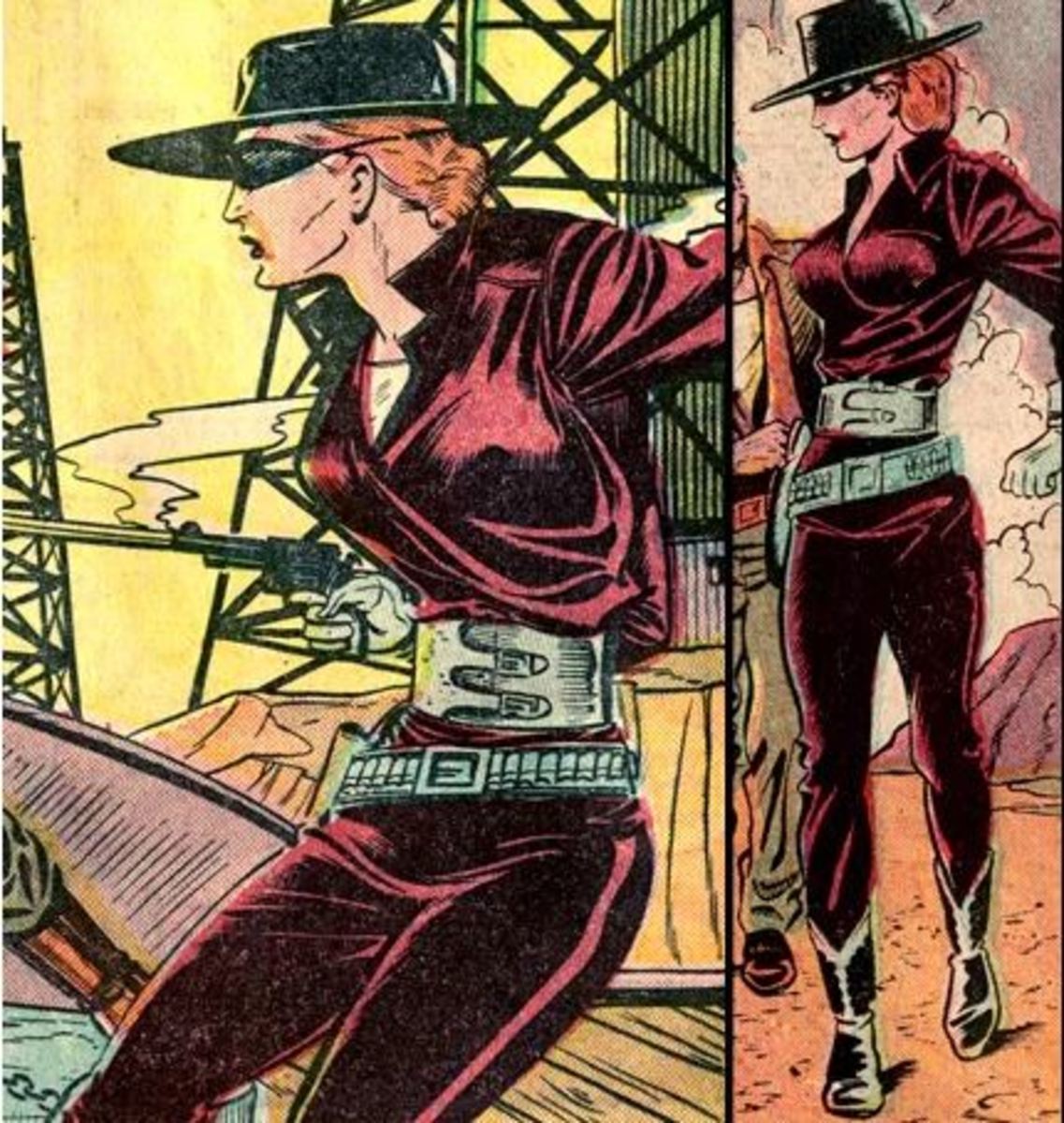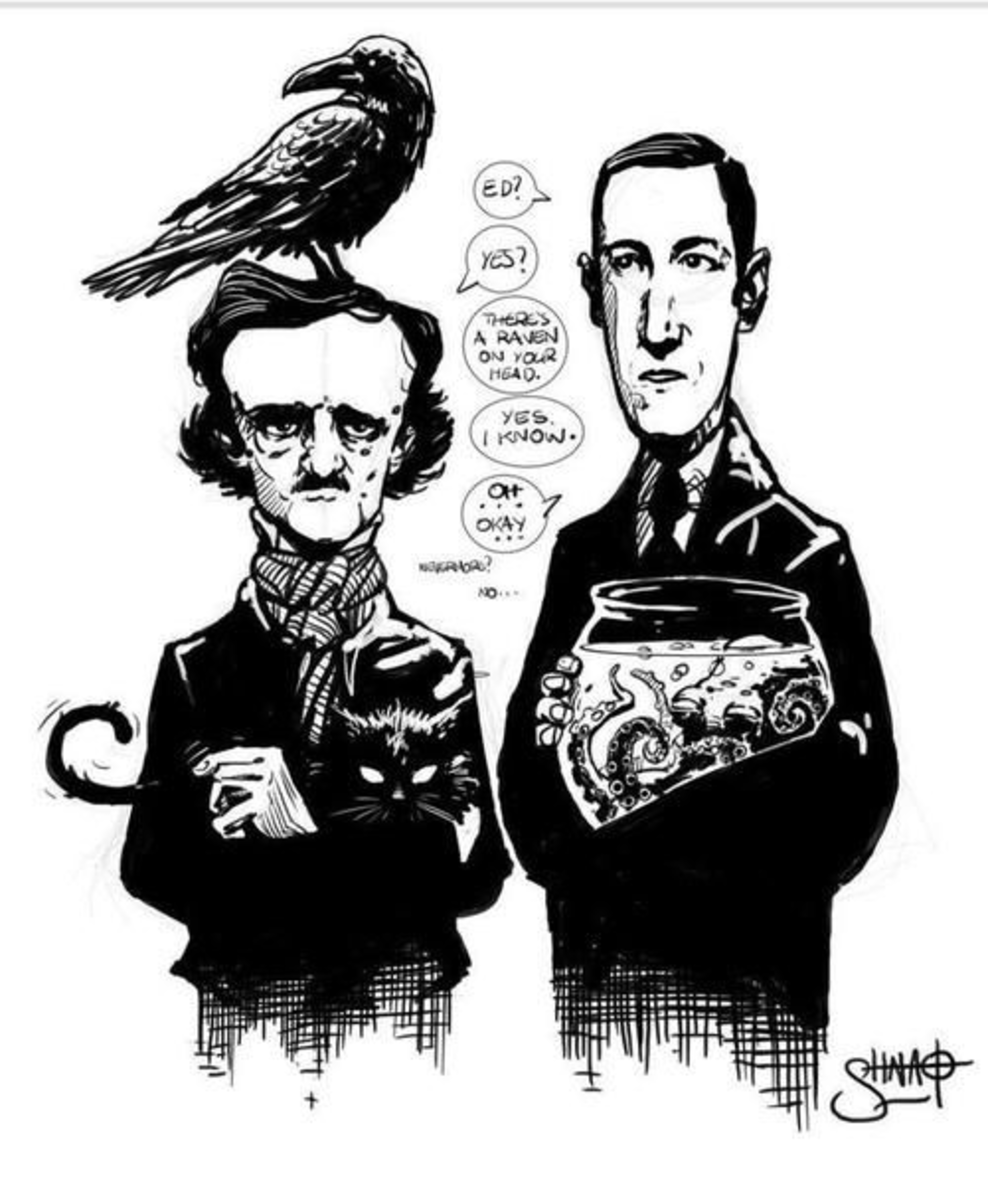- HubPages»
- Books, Literature, and Writing»
- Commercial & Creative Writing»
- Creative Writing
My son, the Parrot

What follows is a piece of flash fiction. It first appeared in Fall 2012 edition of the Hellroaring Review, so you may have read it prior seeing it here. If so, thanks for stopping by and taking a second look. If not, I hope you enjoy the read. If you haven't checked out the Hellroaring Review, you should mosey on over there (after reading this piece here, of course) and have a gander. Maybe you should submit something. They're good peeps.
I granted Hellroaring review 90 days of exclusivity. Those rights have now expried and I am free to post this here for your enjoyment. This will also be one of the stories for the short story collection I'm working on, which will be released after my poetry collection is released by Sweateshoppe Publications early next year (2013).
So, now....
My Son, the Parrot
By Justin W. Price
“Gimme”
My toddler, Tommy, can talk now. His first word was not ‘mama’, as I’d hoped, nor
‘dada’ but ‘gimme.’ A mother shouldn’t be proud that her sons’ first word represents greed and selfishness instead of love and adoration but, his sweet, tiny voice, moves me none the less.
The fact that he can talk at all is reason for celebration.
Having a successful pregnancy at forty after more than a decade of fertility testing and drugs, leading to marital strife and counseling, and finally acceptance that I would not be a mother, it happened. We knew the increased risks: Downs Syndrome, spina bifida, cleft palate and other birth defects with varying degrees of severity. When my prenatal testing came back with less than stellar results, the doctors recommended termination, but we were determined. We wanted a baby, not perfection. We wanted someone to love, to mold, to cherish.Tommy is my true miracle. Given the risks, we were fortunate. Tommy’s form of autism was supposed to leave him low functioning and non-communicative.
He started talking last week. At thirty-nine months.
“We don’t say ‘gimme’. We say ‘please’,” I’m standing across from him, preparing dinner: rosemary Salmon for Glenn and I, plain white rice and hot dogs for Tommy. The kitchen is painted in light pastels, gentle tones are easier on Tommy, keeping his tantrums down. The corners of all of our cupboards and doors are rubberized, in case Tommy ever learns to walk. My apron has Thomas the Tank Engine on it.
What he wants is the model train car on the counter in front of him. It’s a replica from
Polar Express. He loves trains. His room is wallpapered with them; his mobile depicts the Orient
Express. We had to special order it. It cost three hundred and fifty dollars, plus shipping. He watches them go around and around and he squeals and claps his chubby hands. Money well spent. The Little Engine that Could. Thomas the Tank Engine. These are his favorite stories.
He’s perched in a high chair which he’s almost too big for, attached to the kitchen counter and the train is just out of reach. With a grunt he stretches and strains. His chubby legs stretch, his feet curl into grotesque talons. His arms flail and flap, frustratingly close to his goal. His blonde hair dances awkwardly.
“Gimme,” he says again, his face turning red with frustration, his nose scrunching into a
curve.
“We don’t say ‘gimme’. We say ‘please’,” Dr. Anderson told us to repeat what we want him to say. With enough repetition, he would get it.
“He’s a person, not a parrot!” I told him then.
“Yes. Indeed. He is a person. And, like all people, he will learn through repetition and
observation. It’s especially important, given his condition,” he said, chewing on his ball point pen, rapping his fingers on Tommy’s chart.
Given his condition.
So cold. So calculating. So… clinical.
He’s my son, not a parrot! I may have said this again. I’m not sure.
I didn’t like it; don’t like it. Yet I’m here, repeating myself; treating Tommy like he’s nothing more than a parrot.
Tommy stretches and strains and finally cracks. His blue eyes grow wide and then close. He scrunches his face. He looks like a Cabbage Patch Doll. His lips purse, before opening and bursting forth with a terrifyingly, dramatic squawk—a squawk I have come to associate with my son. “Gimme,” he says again, with tears streaming down his chubby cheeks. Only this time, it’s sad and pathetic. It sounds like ‘Mah-mee’.
I burst into tears and before burying my head in my hands, hand him the model train, and listen to him begin to squeal with delight.
Copyright 2012 Justin W. Price

The story behind the story...`
I don't normally like to explain my work. I feel it stands on its own, or at least should if I'm doing my job as an author correctly. Plus, I don't want to force my thoughts on you. Whatever you get out of the story is fine with me, even if its not what I had in mind. Also, perhaps a part of me thinks people don't really care what I have to say. After all, I'm just another writer in a world of writers trying to get noticed. However, since this work still appears on another website, even though I am the author and own all the rights, I must pad this a little bit to avoid the dreaded dupicate content ban from Google. Hopefully you'll find this interesting, but, I won't be terribly offended if you don't read it. (how would I know really?)
My Son, The Parrot began life, as many stories and poems do, as part of a prompt based writing excercise. The setting was Kyle Lang's creative writing class 244, Portland Community College Rock Creek Campus, Spring term 2012. The prompt was to begin a story with a single word of dialogue. The word "Gimme" came to mind and the story you just read was drafted in about ten minutes. Several revisions later, this version came into existence.
Oddly enough, even though this work was an experiment in many ways, it came together rather easily. I'm normally one to labour and agonize over my stories and poems, which is why my output is not as prolific as I would like.
But not this one.
With this one, the words flowed. First, the pen soared over my paper, spitting ink onto paper into letters, words, sentences and paragraphs faster than I could write them. Later, during the first revision on the computer, my fingers couldn't keep up with my typing and more than my usual number of typos appeared. Finally, after submitting the piece, Michael at Hellroaring asked me for a major revision before publication (he's very selective out pieces written in first person), I agreed and half hour later, the story you just read, in its final form, appeared. This is the beauty of flash ficton.
Flash fiction in itself is an experiment. It's an attempt to tell a complete story with an arc and characterization in as few words as possible. Kyle Lang calls them compressed stories. I like to picture the story as an apple put into a press a smashed into apple sauce.
Some pieces of prose poetry are also considered (or confused with) flash fiction. I'm a fan of brevity. Hemingway and his simple language and imagery appeals much more to me then the words vomited out by Billy Shakespeare. For anyone struggling with being overly verbose, or smitten with adverbs and adjectives, try a flash piece. Give yourself a word count. Start with a thousand words max, cut it to 750, cut it to 500, cut it to 250. Does the story flow? Maybe you'll never publish it, maybe you'll hate it, but the excercise will hone your craft, I guarantee it. It will force you to put meaning into every word. It will not allow you to get away with padding a story or filling it with lots of flowery descriptions or monolithic sections of dialogue.
One of my poetry instructors, Elizabeth Knight, tells her students to imagine that we have to pay $1 for every word we use in our pieces. How many extraneous words would you use? You would only use what's neccesary.
This is why so many short fiction writing instructors have students write several flash pieces before submitting a longer piece for critique. In literature, every word counts. Flash fiction just forces the point home.
But there's more.
I am not a woman, nor am I a parent. These are perspectives that are not natural for me to write from. My comfort zone is to write from the perspective of a man who might be married (like I am, to the lovely Andrea) but probably lives alone . He might have a potty mouth and maybe he's a little crass and sexist. Maybe he's self loathing and has a dark sense of humor. These things are possible, and these things crop up more often then not in my writing. So, in that sense, the voice and characters in this piece took me out of my comfort zone, even though the story, at least the first draft of it, was written with releative ease.
My Son, the Parrot It was also inspired, in part, by my nephew, who is on the spectrum of autism. Like Tommy, he loves trains and repeats what he hears. It certainly keeps me on my toes! I certainly cannot let him read some of my works for fear that he might repeat what he reads (Oh, he can read now! We couldn't be more pleased!).
The autism spectrum or autistic spectrum refers to a range of conditions classified in the Diagnostic and Statistical Manual (DSM) as pervasive developmental disorders. Pervasive developmental disorders include autism, Asperger syndrome, pervasive developmental disorder not otherwise specified (PDD-NOS), childhood disintegrative disorder, and Rett syndrome, although usually only the first three conditions are considered part of the autism spectrum.These disorders are typically characterized by social deficits, communication difficulties, stereotyped or repetitive behaviors and interests, and in some cases, cognitive delays.
This analogy between an autistic child and a parrot was not meant to insult, dehumanize or otherwise demean anyone. It was intended to be poignant and a way to explain certain aspects of a childs' behaviour. I hope this was understood. I don't mind offending folks, but, with a sensitive subject like autism, I want to be as PC as possible.
Writing from the perspective of a woman was interesting, though this wasn't my first foray into the voice of the better half of humanity. I have a 450 word horror story with a female protagonist and a stream of consciousness and very incomplete piece that shifts between the perspective of a woman and the man she murders.
I think writers need to challenge themselves and one way to do that is to write from the perspective of someone who is the opposite of you. Women think differently then men.Parents think differently then nonparents, and, moreover, mothers think differently then, perhaps, anyone else on earth. Putting myself in the head of a mother was an experiment I wanted to try. Did I succeed? You be the judge. I'm not a woman, so, I can't really judge the accuracy. But, I'm happy with my portrayal. Will this translate into a longer piece? I don't know. That's the next experiment.
I'm not the parent of a special needs child. I have some second hand experiences with special needs children and the trials and triibulations of the parents. I understand that little deeds that "normal" children do, including talking, are even greater joys for the parents of special needs children. But it's hard for me to empathize. I think writing this piece, even though it may have been only subconsciously there, was a way to help me understand the struggles, joys, triumphs and pain my sister in law likely experiences on a daily basis.
More then that, putting myself in this perspective also gave me great empathy and understanding of my nephew. It's hard as someone who is not a parent to not get annoyed and frustrated when a child is acting up, especially one that's acting up because they have special needs. It's not fair to the child, to the parent, to my wife, to anyone, really, to get frustrated, even though it's perfectly understandable and part of human nature.








